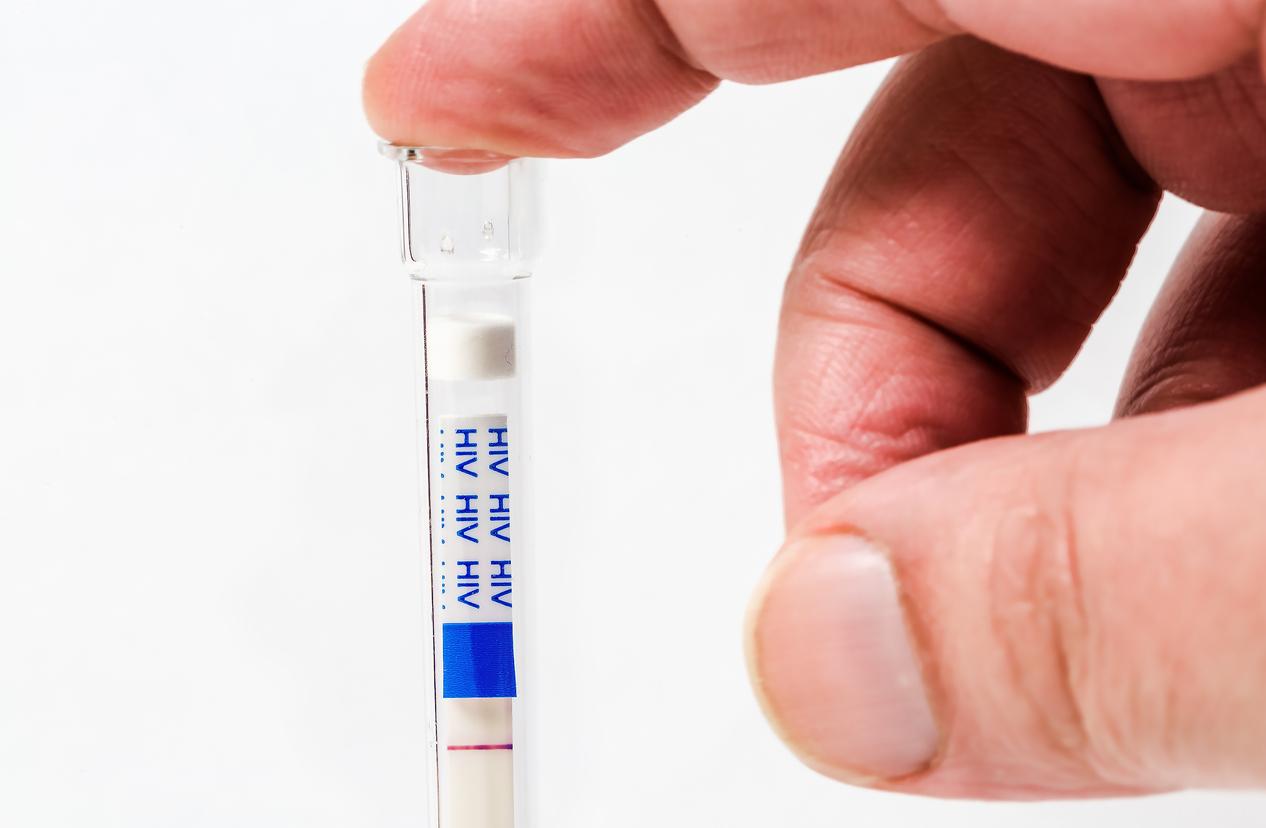The CRISPR-CaS9 system, known as “genetic scissors”, makes it possible to modify B lymphocytes to make them capable of fighting against several strains of HIV at the same time. If the process works on humans, it will then be possible to develop a vaccine against AIDS.
-1605880128.jpg)
- It is possible to modify B cells to become broadly neutralizing antibodies (or bNAbs).
- bNAbs are able to fight several strains of HIV at the same time, which makes it very effective against this rapidly mutating virus.
- The system is a success in mice. If it works as well in humans, it could pave the way for a vaccine.
If the fight against Covid-19 is progressing quickly, that against HIV is changing very little. Yet the human immunodeficiency virus (HIV) is still deadly, has been around for a long time and still does not have a vaccine. For this last point, this could perhaps change. Scientists from Scripps Research (USA) have taken a big step forward in research on this subject thanks to genetically modified immune cells that could prevent any HIV infection. The results of the study were published on November 17, 2020 in the journal type communications.
Antibodies able to tackle several HIV mutations at the same time
Until now, the difficulty encountered with HIV lay in preventing the infection. Because of its rapid evolution in the body, it is almost impossible for conventional antibodies to be able to stop the spread of the virus. To do this, the body would have to be able to produce antibodies capable of defeating several strains of the virus at the same time.
It is precisely on this approach that the scientists of Scripps Research based themselves. By trying their experiment on mice, they succeeded in producing broadly neutralizing antibodies also called bNAbs (for broadly neutralizing HIV-1 antibodies). The bNAbs antibodies have the particularity of being able to attack several strains of HIV at the same time. The problem is that such antibodies remain hard to produce, only a few rare patients with HIV have them.
Modify lymphocytes to make them stronger
To successfully develop them on a large scale, the Scripps Research teams realized that it was possible to use the CRISPR-Cas9 genetic scissors to reprogram the genes of B lymphocytes so that they in turn naturally produce bNAbs antibodies. . Once the modification was made, the B lymphocytes reinjected into the mice were able to multiply, mature and become memory B lymphocytes and plasma cells, capable of protecting the organism for a long time. Thus, these modified genes can produce more effective antibodies against HIV.
“This is the first time that engineered B cells have been shown to create a durable antibody response in a relevant animal modelexplains James Voss, researcher in the department of immunology and microbiology at Scripps Research. In humans, the starting cells to create the vaccine could be obtained easily from a simple blood sample, then developed in the laboratory before being reintroduced into the patient..”
James Voss and his team are now trying to improve the technology so that it becomes accessible to as many people as possible. According to the estimates of United Nations program on HIV/AIDS (UNAIDS), 38 million people would be infected with HIV worldwide in 2019 and more than 12 million of them do not have access to treatment.
.
















